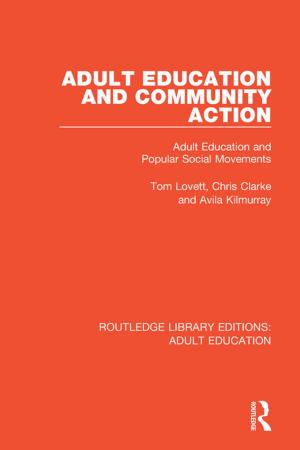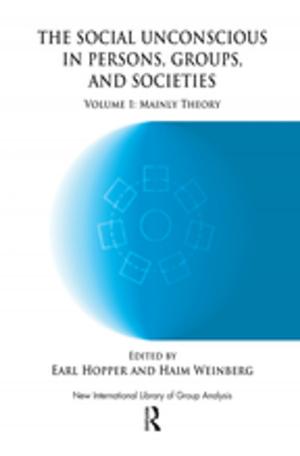| Author: | Valerie Gray | ISBN: | 9781351161909 |
| Publisher: | Taylor and Francis | Publication: | November 30, 2017 |
| Imprint: | Routledge | Language: | English |
| Author: | Valerie Gray |
| ISBN: | 9781351161909 |
| Publisher: | Taylor and Francis |
| Publication: | November 30, 2017 |
| Imprint: | Routledge |
| Language: | English |
Charles Knight: Educator, Publisher, Writer is the first modern book-length study of this important nineteenth-century educational reformer, author, and publisher. Though he made significant contributions during his lifetime to the cause of popular education, providing inexpensive but quality reading material for the newly literate working classes, Knight has been largely ignored by scholars. This neglect, the author suggests, may be related to Knight's association with the controversial Society for the Diffusion of Useful Knowledge and to the use scholars make of Knight's Penny Magazine and his two volumes on political economy to support their arguments on theories of social control and other issues. The author argues that Knight's reputation has suffered as a result. She reexamines the evidence to offer fresh assessments of Knight's life and work that illuminate his genuine achievements. She concludes with an evaluation of Knight's role as an innovative publisher who used the latest techniques to provide the emerging mass readership with unique combinations of text and image in his many 'pictorial' books and periodicals.
Charles Knight: Educator, Publisher, Writer is the first modern book-length study of this important nineteenth-century educational reformer, author, and publisher. Though he made significant contributions during his lifetime to the cause of popular education, providing inexpensive but quality reading material for the newly literate working classes, Knight has been largely ignored by scholars. This neglect, the author suggests, may be related to Knight's association with the controversial Society for the Diffusion of Useful Knowledge and to the use scholars make of Knight's Penny Magazine and his two volumes on political economy to support their arguments on theories of social control and other issues. The author argues that Knight's reputation has suffered as a result. She reexamines the evidence to offer fresh assessments of Knight's life and work that illuminate his genuine achievements. She concludes with an evaluation of Knight's role as an innovative publisher who used the latest techniques to provide the emerging mass readership with unique combinations of text and image in his many 'pictorial' books and periodicals.















